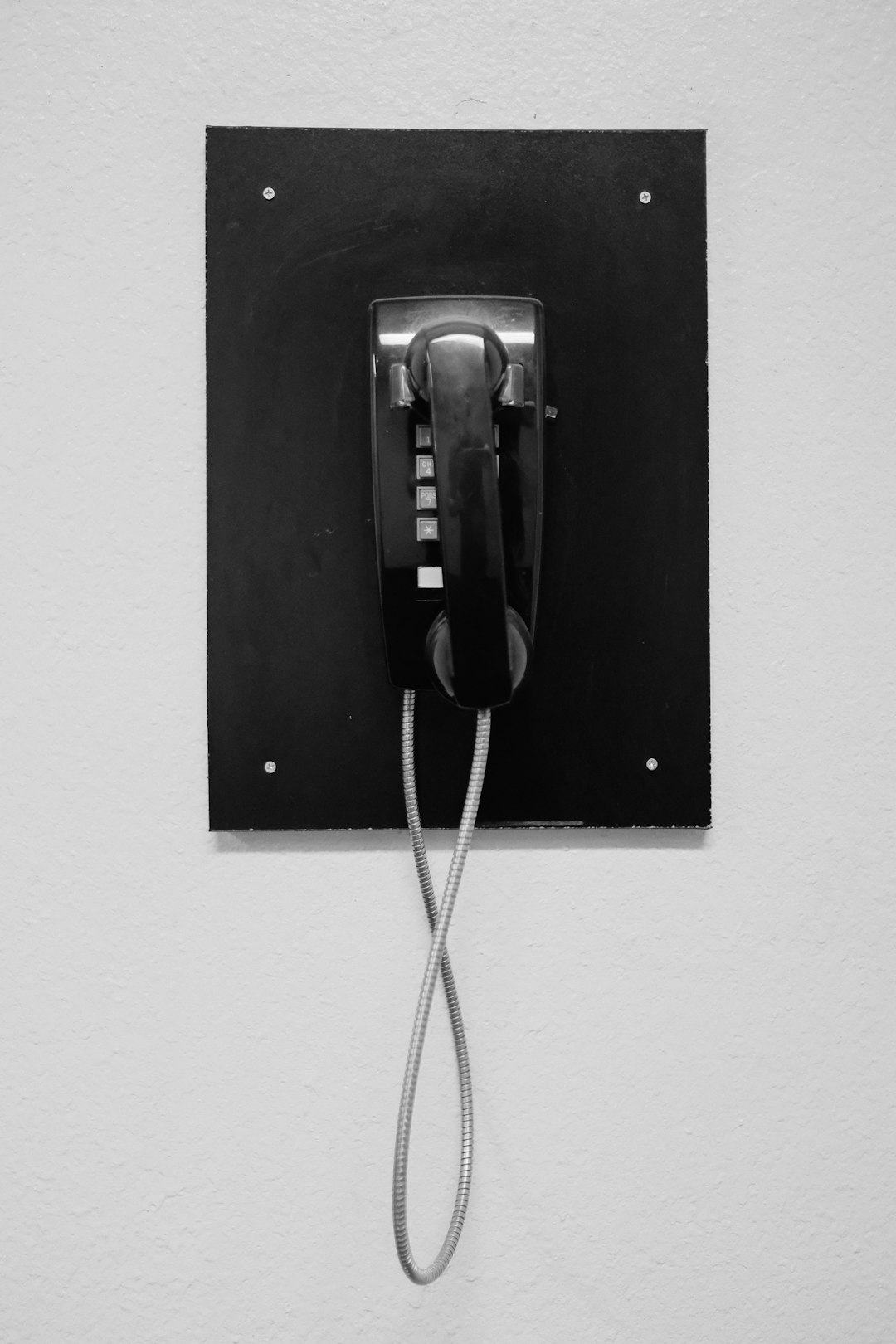Vermont has stringent spam call laws that protect residents from unwanted telemarketing, especially from law firms. These regulations require explicit consent for automated or prerecorded calls, making robocalls illegal. Residents can register their numbers on the Do Not Call list to curb spam, including law firm calls. Understanding and exercising these rights is crucial for reclaiming control over communication channels. By taking action and using call filtering tools, Vermont residents can significantly reduce spam calls and contribute to a quieter community environment.
In Vermont, residents now have stronger protections against unwanted robocalls thanks to the state’s strict spam call laws. This comprehensive guide will help you navigate these regulations and take control of your phone lines. Learn how to identify and opt-out of automated calls effectively, ensuring compliance with Vermont’s anti-spam measures. Discover your rights and the enforcement processes in place, empowering you to silence nuisance calls once and for all. Say goodbye to annoying robocalls with these essential steps, backed by Vermont’s spam call legislation.
Understanding Vermont's Spam Call Laws

Vermont has stringent laws in place to combat spam calls, offering residents significant protection from unwanted telemarketing. The state’s spam call laws are designed to safeguard consumers from persistent and nuisance calls, especially from law firms and other commercial entities. Under Vermont’s regulations, businesses must obtain explicit consent before making automated or prerecorded telephone marketing calls. This means that if you’ve not given your permission for a specific law firm to contact you, their robocalls are illegal.
Residents can take advantage of these laws by registering their phone numbers on the Do Not Call list, which is enforced by the Vermont Attorney General’s Office. By doing so, they can significantly reduce the volume of spam calls they receive, including those from law firms. Understanding and asserting your rights under Vermont’s spam call laws is a crucial step in reclaiming control over your communication channels.
Identifying and Opting Out of Robocalls

In today’s digital era, unwanted phone calls from spam call law firms have become increasingly prevalent, especially in bustling Vermont towns. While these automated messages may offer valuable services, they can also be a nuisance and an invasion of privacy. Fortunately, there are ways to identify and opt out of these robocalls effectively.
Vermont residents can take advantage of the state’s strict Spam Call laws, which provide mechanisms to protect against unsolicited calls. To start, it’s essential to familiarize yourself with the legal definitions of a spam call. The Vermont Public Service Board outlines that these are pre-recorded or automated messages delivered en masse for commercial purposes. Once identified, you can register your number on the Do Not Call Registry, a database maintained by the Federal Trade Commission (FTC). This simple step significantly reduces the volume of robocalls you receive. Additionally, many phone service providers offer call filtering and blocking features that learn to recognize and automatically discard spam calls over time.
Enforcement and Your Rights

In Vermont, the fight against unwanted robocalls is taken seriously. The state has implemented a strict Spam Call Law to protect residents from intrusive telemarketing practices. This law empowers locals with the right to opt-out of automated calls and provides enforcement mechanisms for those who violate these regulations.
If you’re experiencing a surge in spam calls, especially from law firms or other commercial entities, you have options. Vermont’s law allows you to register your number on the Do Not Call list, which should significantly reduce the volume of unsolicited calls. By exercising this right, you’re not just blocking annoying interruptions but also contributing to a quieter, more peaceful environment for your community.






